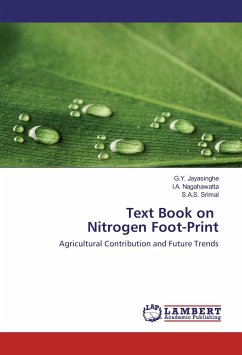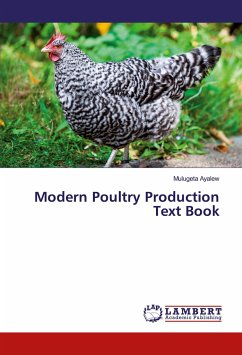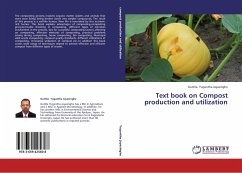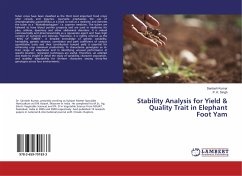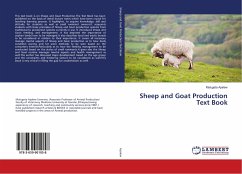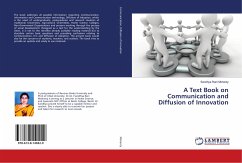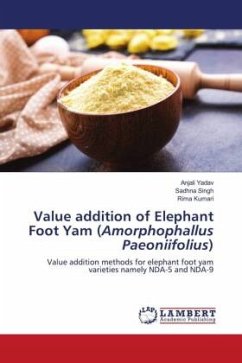Nitrogen is one of the building blocks of life: it is essential for all plants and animals to survive. Nitrogen makes up almost 80% of our atmosphere, but it is an unreactive form that is not accessible to us. Humans and most other species on earth require nitrogen in a "fixed," reactive form. Reactive nitrogen is necessary for the food production process. Until the discovery of the Haber-Bosch process in the early 1900s, we only had access to naturally occurring sources of reactive nitrogen (such as manure) for food production. The Haber-Bosch process--an industrial process through which we can fix reactive nitrogen--has allowed food production to keep up with the growing human population, but at a cost to the environment. Today, humans create over 2 times as much reactive nitrogen as nature. Much of this reactive nitrogen has accumulated in the environment, where it causes a series of negative impacts to human and ecosystem health. Major sources of this reactive nitrogen include agriculture and the burning of fossil fuels. Nitrogen pollution by Agriculture causes profound environmental impacts.This book explains the current status and future perspectives of Nitrogen foot print.
Bitte wählen Sie Ihr Anliegen aus.
Rechnungen
Retourenschein anfordern
Bestellstatus
Storno

